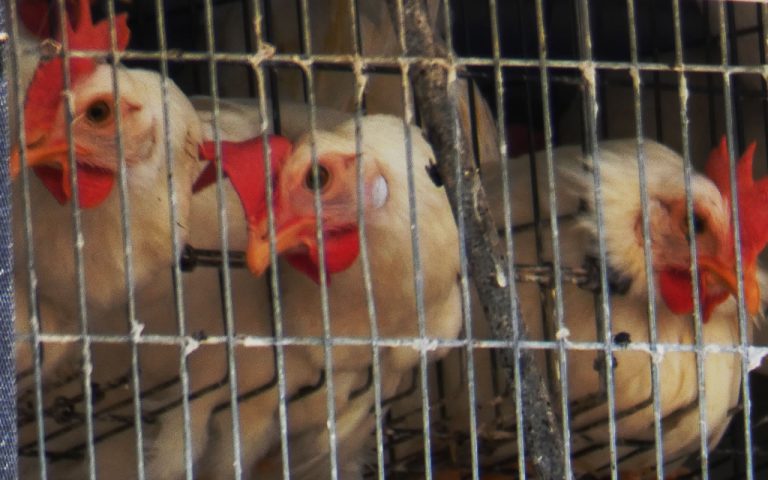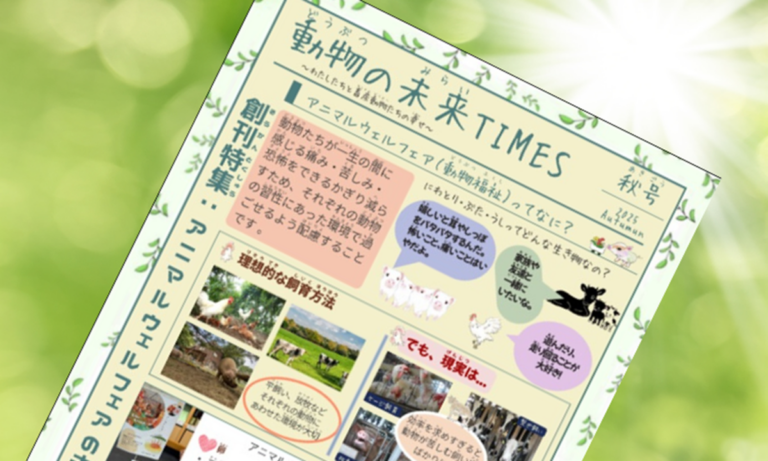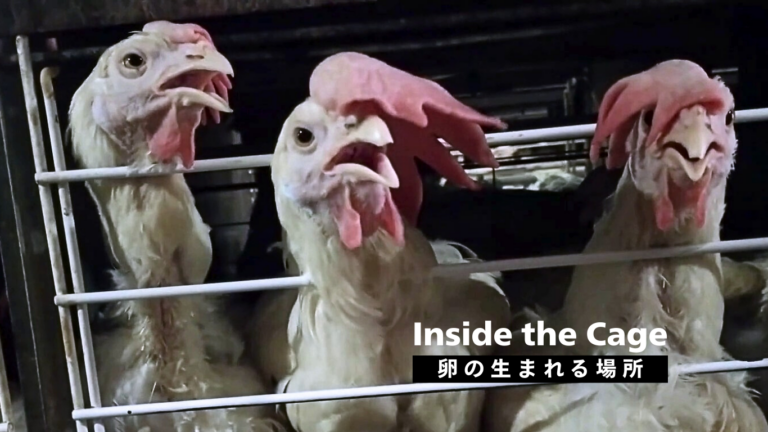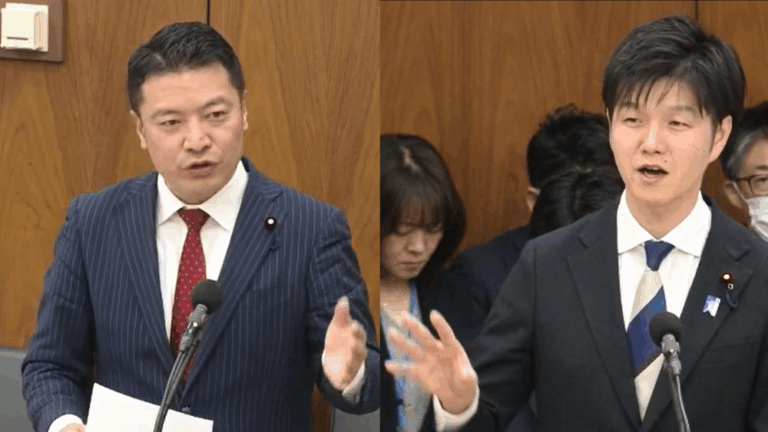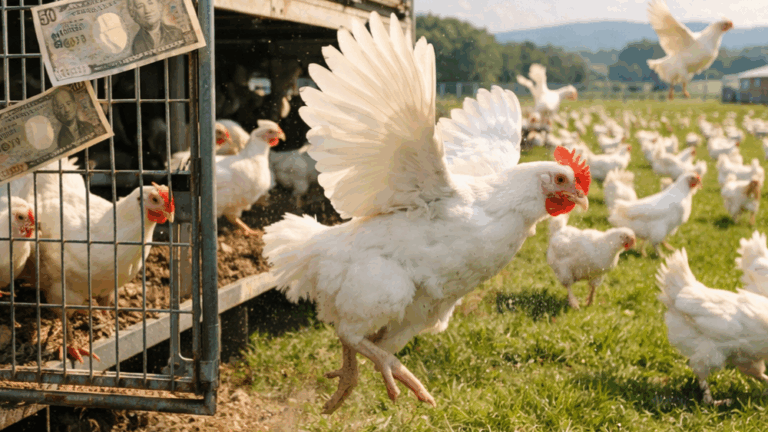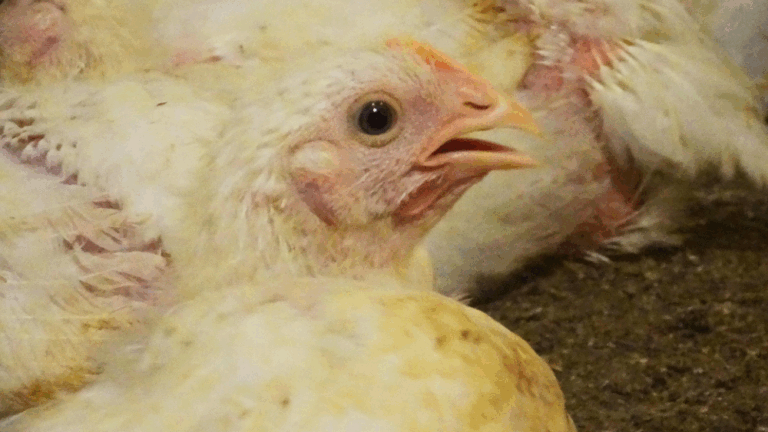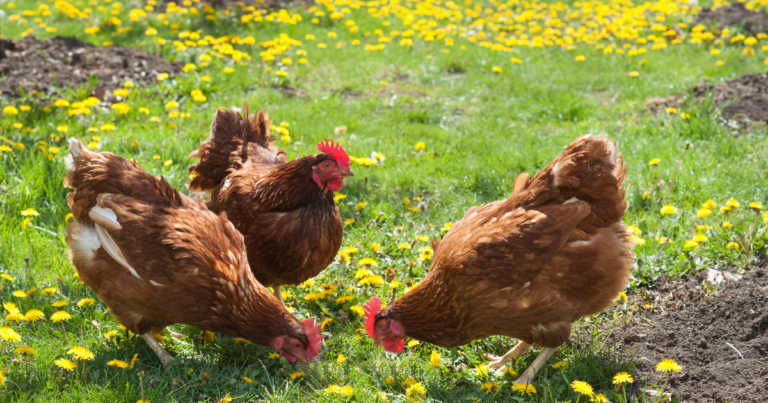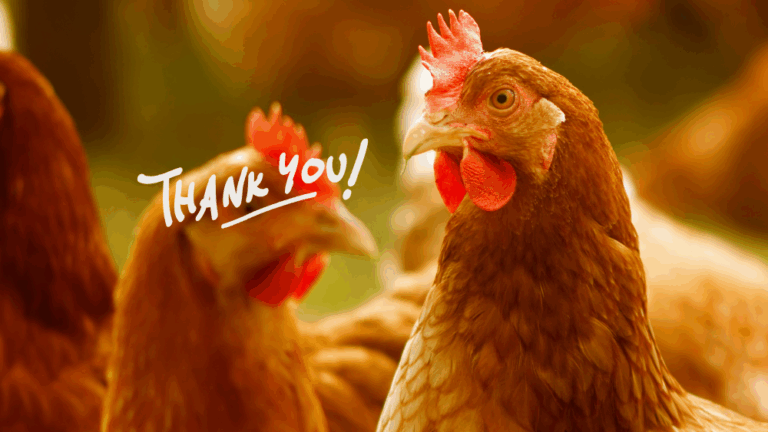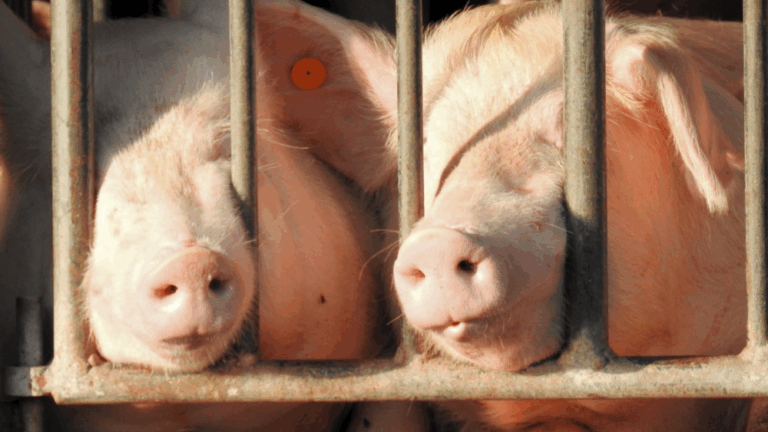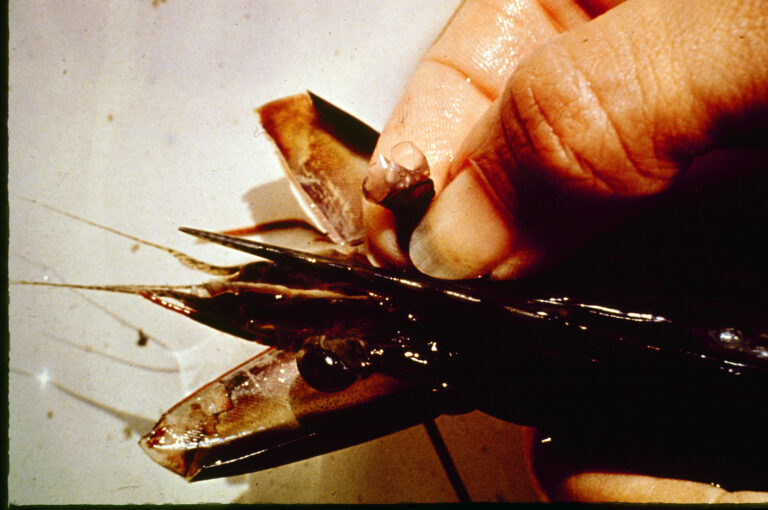It was shocking to hear the response by the Ministry of Agriculture, Forestry, and Fisheries (MAFF) to a question about animal welfare at the Tokyo Olympics asked by Councilor Katsuya Ogawa from Hokkaido at the House of Councilors Committee on Agriculture, Forestry and Fisheries.
Shocking response 1. Perhaps MAFF doesn’t know much about the group rearing of pigs?
The OIE Pig Welfare Policy was established in May 2018, and it recommends that the sows be bred in groups, indicating that pregnancy stall breeding does not satisfy animal welfare (OIE Animal Welfare Code: Animal Welfare and Pig Production System. Article 7.13.1).
In promoting group rearing, MAFF has expressed concerns as follows:
Regarding group rearing, individual management is more difficult than with stall rearing, and it might be required to reduce the number of animals raised, so we would like to foster understanding from the producers by politely explaining the OIE guidelines and the guidelines for rearing management to be reviewed; we would like to strive to collect and provide information such as group rearing that will not reduce production efficiency as much as possible.
If there are concerns about group rearing, it would be the lack of skills of Japanese farmers and the cost to convert the system. However, making a statement that misleadingly suggest reduced productivity is an unfair assessment not based on scientific knowledge.
Actually, it’s the pregnancy stall breeding that warrants concerns such as compromised pig health, piglet mortality and sows’ greater fertility rate.
Also, we will delve into this point after confirming the contents of the new version of the rearing management guidelines corresponding to the idea of animal welfare currently reviewed by the Japan Livestock Technology Association, but we would like to add that OIE identifies an important point:
Article 7.13.5 Recommendation: Ensuring good welfare of pigs is contingent on several management factors, including system design, environmental management, and animal management practices which include responsible husbandry and provision of appropriate care. Serious problems can arise in any system if one or more of these elements are lacking.
Japan’s unique claim by the Japan Livestock Technology Association and the government, that animal welfare can be maintained through close monitoring even without an appropriate system, has been defeated. This OIE way of thinking is now a matter of course, and applies to any animal. However, the Japanese government claims what goes against the basics of animal welfare, on the following statement regarding battery cages.
Shocking response 2. Fully advocates old unethical animal husbandry methods
Regarding battery cages, MAFF responded as follows:
We submitted a comment to OIE in January this year so that allocating nesting areas and perching poles is not mandatory.
When the world is heading toward cage-free, the Japanese government is in complete opposition to animal welfare, according to this comment issued in January. Animal welfare promoted by the Japanese government aims to be animal welfare in words without content. The Poultry Association calls this “Japanese-style animal welfare”.
We can understand that there may be temporary situations in which they want to protect the workers. But does that really benefit the workers? Will it benefit Japan’s economy?
Instead of unilaterally protecting the opinions of the poultry industry that wants to maintain the old rearing method, shouldn’t the government lead the way forward?
The world is clearly turning the course toward cage-free. The government should think seriously about how the Japanese livestock producers can make a smooth transition and assist them.


